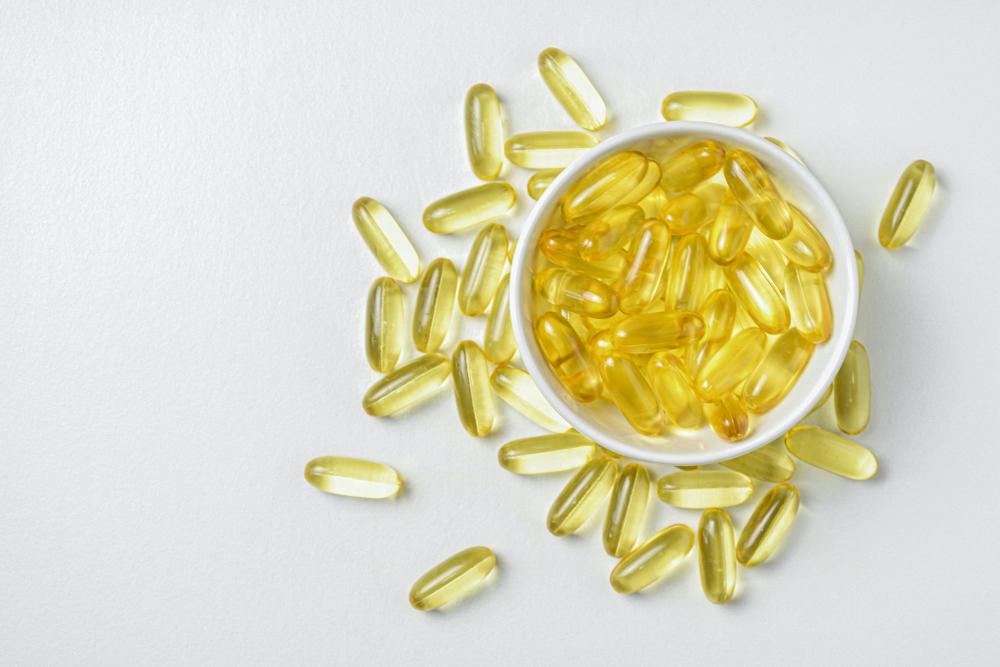Nutrition
Krystina Claire
Weekly Tip - Vitamin A
on
May 08, 2023

Following on from my last blog on beta-carotene which can be found in colourful fruit and vegetables that our body can convert into vitamin A. Todays post is about the other form of vitamin A - Retinol. Retinol is a pre-formed vitamin A that can be used directly by the body. It is found in some animal products and can be made synthetically and added to supplements or skincare. Vitamin A is a fat soluble vitamin that has many health benefits, get the right amount is important as too much or too little can have negative side effects.
Vitamin A is excellent for your skin. Dermatologist often prescribe retinol cream (vitamin A) to help treat acne. As mentioned above it’s also the star ingredient in many anti ageing creams, this is because the retinol stimulates the production of new skin cells, and decreases the appearance of fine lines and wrinkles by stimulating collagen production.
Vitamin A plays an important role in bone growth. But it’s important to remember that too much or too little vitamin A can both have a negative effects on our bone health. Getting the right balance is key.
A deficiency in vitamin A is not often seen in developed countries but can cause, dry skin, dry eyes, night blindness, slow growth rate, poor wound healing and frequent infections. Because vitamin A is fat soluble and stored in the liver - too much of it can cause vitamin A toxicity which can lead to changes in your vision, swelling of your bones, ulcers and rough dry skin. This can be checked by a simple blood test.
And remember always speak to your doctor before adding a new supplement to your daily routine. Pregnant woman should avoid supplementing with vitamin A as research shows it can cause birth defects if taken in high doses. Stick to your prenatal supplement as this will have the adequate amount of each vitamin and mineral needed to see you safely through your pregnancy. Vitamin A in high doses can also be harmful to your liver and bone density.






